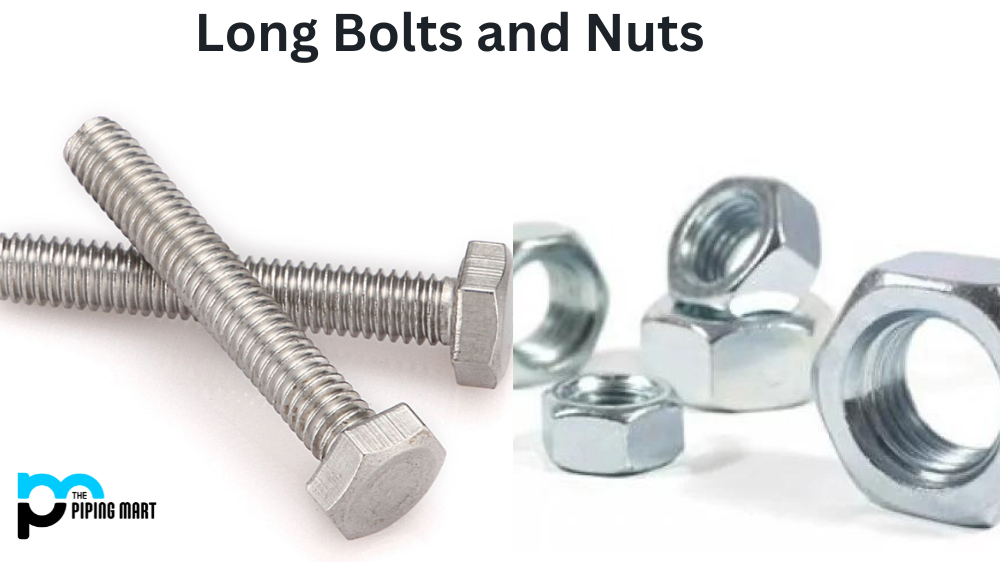Within the field of building, vehicle servicing, and do-it-yourself home enhancement, fasteners are the unsung heroes that keep everything intact. These tiny yet powerful fasteners play a vital role in making sure that structures and machinery operate safely and effectively. Whether you are involved in a significant construction project or simply fixing a unsecured shelf, grasping the different types of hardware, along with their uses, is essential for achieving durable results.
This guide is created to clarify the details of fasteners, offering you with the information you need to choose the proper fasteners for all projects. From investigating the different kinds of bolts and nuts available to exploring their functions in different materials and contexts, we will take a thorough look into the particulars that matter. Come along as we explain everything from the most typical types of bolts to the less familiar, specific fasteners that you may encounter along the journey. Armed with this full resource, you'll be prepared to understand the functions of nuts and bolts like a pro.
Understanding Fasteners and Fixtures
Fasteners are basic components used in various applications, from infrastructural developments to everyday repairs. They serve as fasteners that secure various materials together, ensuring stability and structural integrity. Comprehending https://canvas.instructure.com/eportfolios/3548591/entries/13061996 is essential for both skilled workers and home improvement fans alike. By selecting the correct type of nut and bolt, one can adequately secure structures, machinery, and multiple constructions.
The core relationship between nuts and bolts is simple. A bolt is a long shaft with a head on one end and a spiral thread, while a nut is a angular piece that contains a hole with internal threads. When a bolt goes through materials and is secured with a nut, the two work in unison to create a strong connection. This simplicity belies the complexity, as there are various types, sizes, and grades available, each designed for particular tasks and environments.
In different industries, such as construction, automotive, and manufacturing, comprehending the unique characteristics of nuts and bolts can significantly impact the decision of fasteners. Factors like the material, thread type, and application conditions all play a role in establishing which fastener will best suit the job. Whether picking a heavy-duty bolt for structural use or a specialty bolt for a precise application, acquaintance with the options available can lead to enhanced outcomes.
Substances and Finishes
When it comes to nuts and screws, the choice of materials is essential for ensuring physical integrity and durability. Steel is the most commonly used material due to its durability and toughness. However, inside the category of steel, there are types such as regular steel, composite steel, and corrosion-resistant steel, each offering different levels of resistance to abrasion and corrosion. Bronze is another material often used for its visual appeal and tolerance to corrosion, making it suitable for uses like plumbing. For high-performance settings, titanium bolts are increasingly popular due to their lightweight nature and exceptional strength.
Coatings play a significant role in improving the performance of hardware. Common coatings include galvanized plating and galvanization, which offer defense against rust and oxidation. https://panduro-monrad-2.federatedjournals.com/the-future-of-fasteners-innovations-in-nut-components-and-bolts -coated bolts are suitable for internal use, while galvanized bolts are better suited for external applications due to their heavier coating. Additionally, epoxy coating provides a robust finish that resists fading and scratching, making it an excellent choice for decorative fasteners. The right coating can significantly prolong the life of nuts and bolts, especially in extreme environments.
Finally, selecting the appropriate material and finish goes beyond mere appearance; it actually impacts the performance and reliability of your project. For instance, using stainless steel bolts in coastal areas prevents degradation from saltwater exposure. Understanding these materials and finishes allows you to make educated choices tailored to the specific demands of your project, whether it's heavy-duty construction or delicate automotive repairs.

Buyer Guides and Contrasts
When selecting nuts and bolts for your project, understanding the differences between metric system and imperial-based fasteners is vital. Metric fasteners are sized in millimeters and are typically used in European and Asian products, while imperial system fasteners are gauged in inches and are prevalent in North American applications. It is essential to ensure congruence between your tools and the fasteners you select to avoid problems during assembly.
Measuring nuts and bolts accurately can significantly impact the effectiveness of your project. Utilize precision calipers or a micrometric tool to measure the diameter, length, and thread pitch of the fasteners. For nuts, it is crucial to match the thread pitch with the corresponding bolt. Additionally, considering the grade and material of the fasteners will ensure you pick components that are fit for your requirements, whether for durability or corrosion resistance.
Regarding purchasing quality fasteners, seek out reliable manufacturers that provide comprehensive specifications and certifications. Check for testimonials and examine comparison charts, such as bolt strength comparisons, to determine which bolts offer the best strength for your application. article can assist your selections, aiding you avoid inferior products and ensuring that you choose fasteners that will perform reliably over time.
